.webp)
© History Oasis

McDonald’s (2003-Present)
This McDonald’s slogan was turned into a Justin Timberlake jingle. The “ba-da-da-da-da” melody became so ubiquitous that it triggered involuntary humming. The tagline helped McDonald’s rebound from a major downturn and remains their core campaign after two decades.
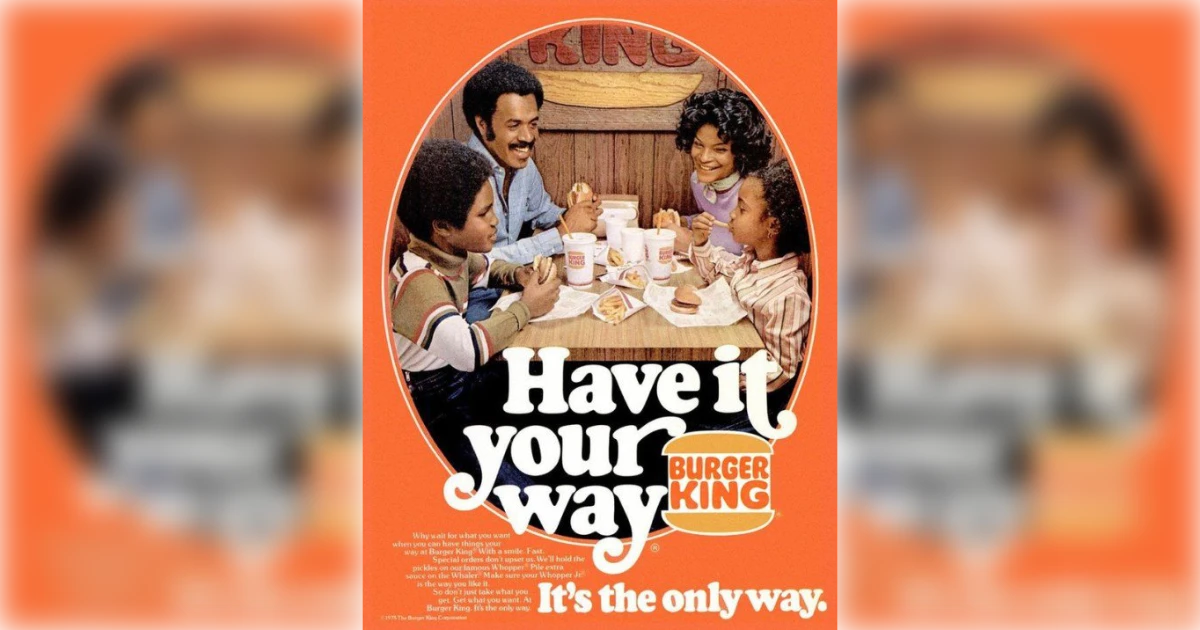
Burger King (1974-Present)
This slogan was a direct challenge to McDonald’s standardization. The campaign featured the jingle: “Hold the pickles, hold the lettuce. Special orders don’t upset us.” And positioned Burger King as the customizable alternative to McDonald’s assembly-line approach.

Wendy’s (1984-1985)
The Wendy’s slogan that helped an 81-year-old manicurist, Clara Peller, became a pop culture icon. The $73 million campaign boosted sales 32% in six months. The slogan was so powerful that Walter Mondale used it in the 1984 presidential debates. Wendy’s ended the iconic campaign when Peller starred in a competing pasta sauce ad.

KFC (1956-2020, 2021-Present)
This KFC slogan was born from complaints about franchisees licking fingers on TV. Manager Ken Harbough spontaneously replied, “Well, it’s finger lickin’ good.” It would become the 20th century’s most recognized slogan. But the campaign was paused during COVID as “the most inappropriate slogan for 2020.”
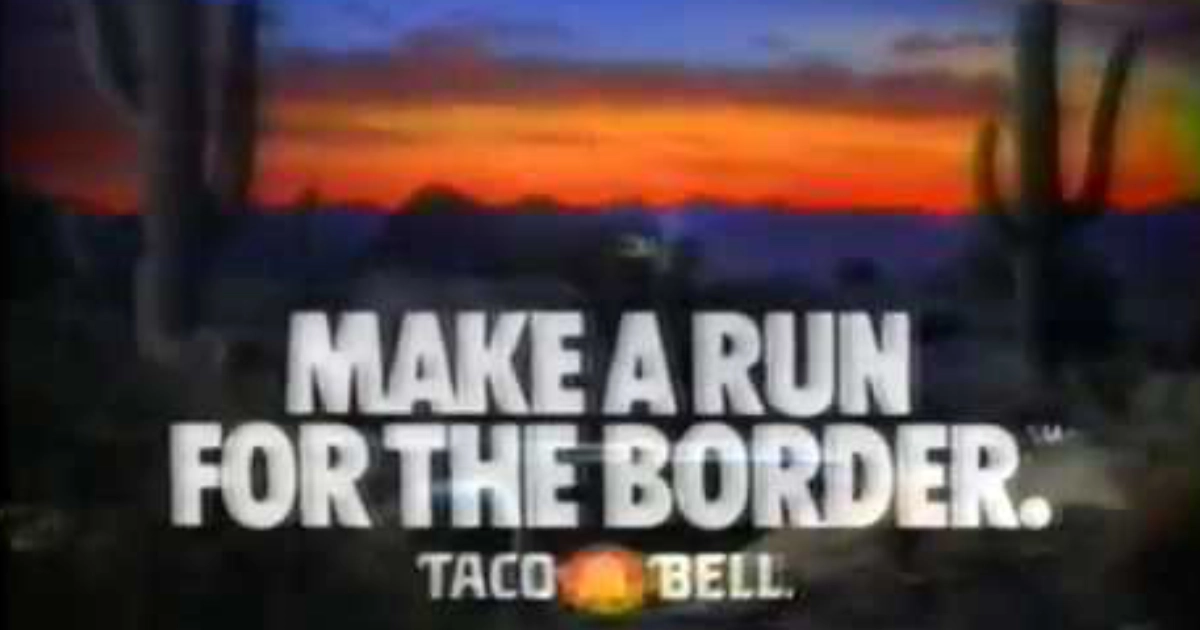
Taco Bell (1988-1994)
This Wild West escape fantasy targeted suburban customers seeking Mexican food adventure. The slogan created urgency and playfulness around late-night Taco Bell runs. Part of a broader campaign positioning Taco Bell as an exotic departure from ordinary fast food.
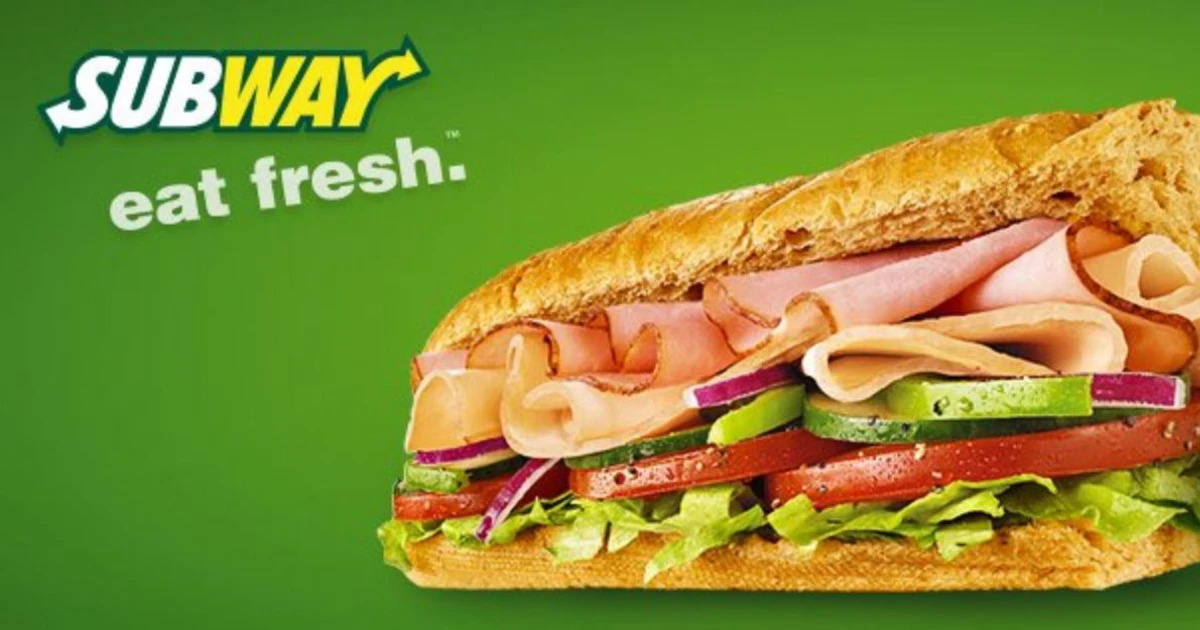
Subway (2000s-Present)
Eat Fresh positioned Subway as a healthy fast-food alternative, emphasizing made-to-order sandwiches with fresh ingredients. The slogan helped establish Subway as a go-to option for health-conscious consumers, though the slogan later faced controversy over actual ingredient freshness.

McDonald’s (1971-1980s)
Advertising Age ranked this slogan as the fifth-best promotion of the century. Launched during Ray Kroc’s aggressive expansion, positioning McDonald’s as a comfortable family escape. The campaign emphasized convenience for busy families who wanted a quick meal.
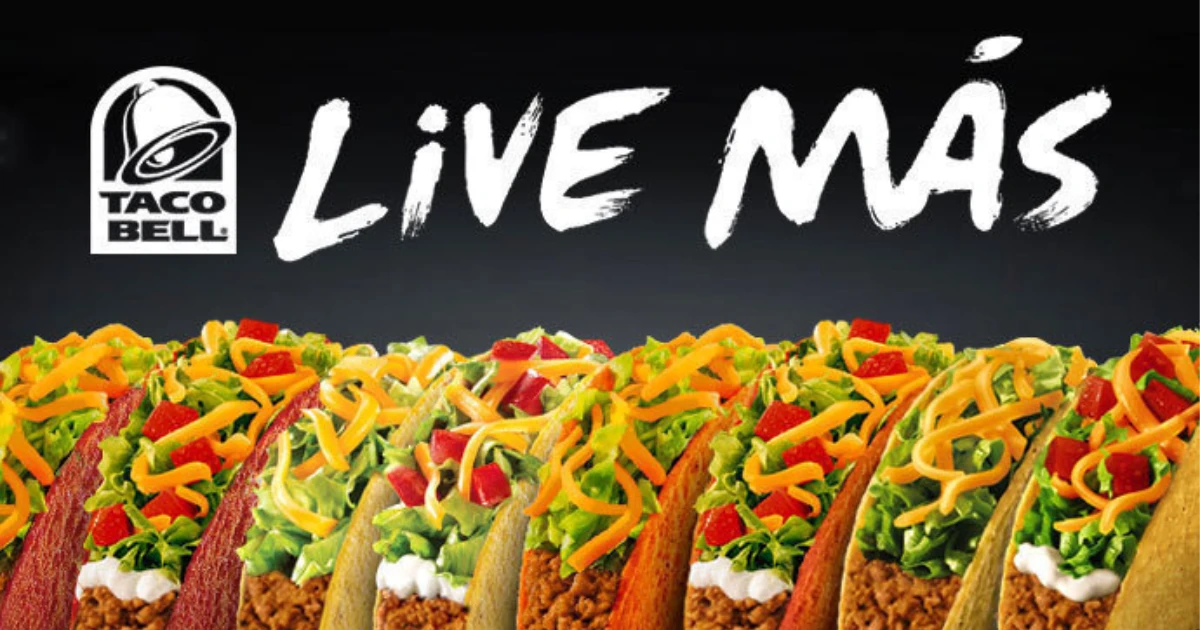
Taco Bell (2012-Present)
Spanish for “Live More.” This slogan was created by Wieden+Kennedy to inspire bold flavor choices. And it helped Taco Bell top restaurant social media rankings with 42% Facebook growth. The slogan continues to target younger demographics with adventure-seeking themes.
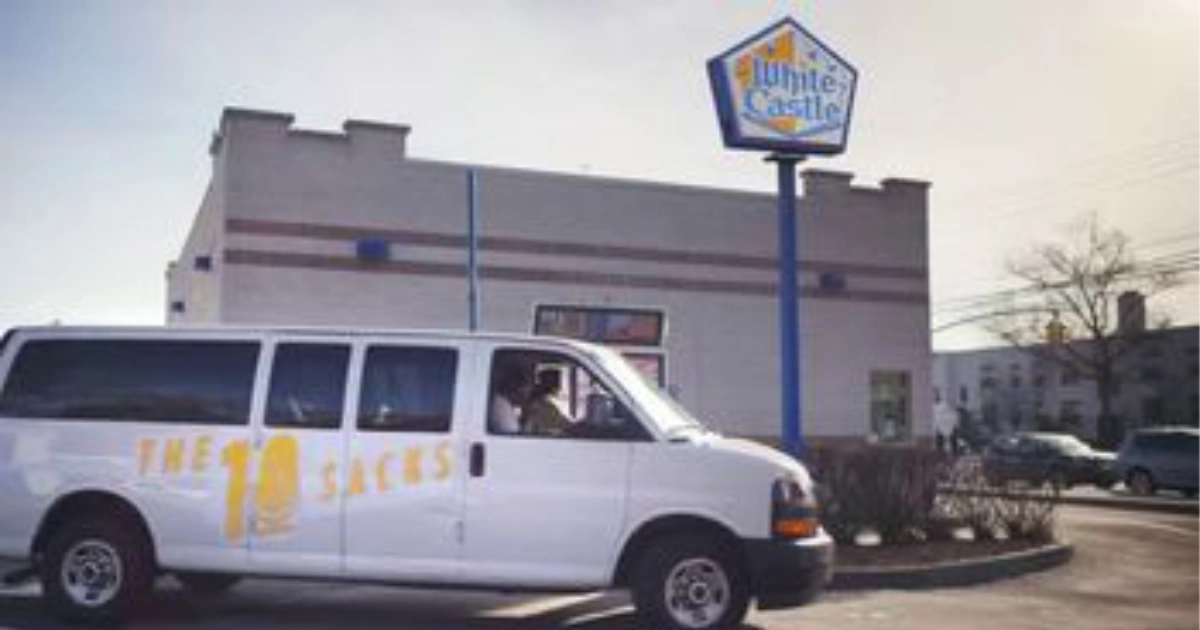
White Castle (1990s-Present)
The slogan acknowledges the late-night, indulgent nature of slider burgers. The slogan shows that White Castle satisfies specific cravings rather than general hunger. It continues to appeal to fast food brands’ cult-like following who make pilgrimages for unique square burgers and nostalgic experiences.

KFC (1980s-1991)
Created by the Mingo-Jones agency to target African Americans. This KFC slogan was later adopted chain-wide as the primary slogan. Emphasized KFC’s chicken expertise and quality preparation methods during the competitive period in the fried chicken market.

Pizza Hut (2019-Present)
This bold modern slogan challenges competitors, showing that Pizza Hut is the king of pizzas. The campaign uses aggressive positioning in a crowded marketplace. And attempts to reclaim market leadership during intense pizza wars with Domino’s and Papa John’s.
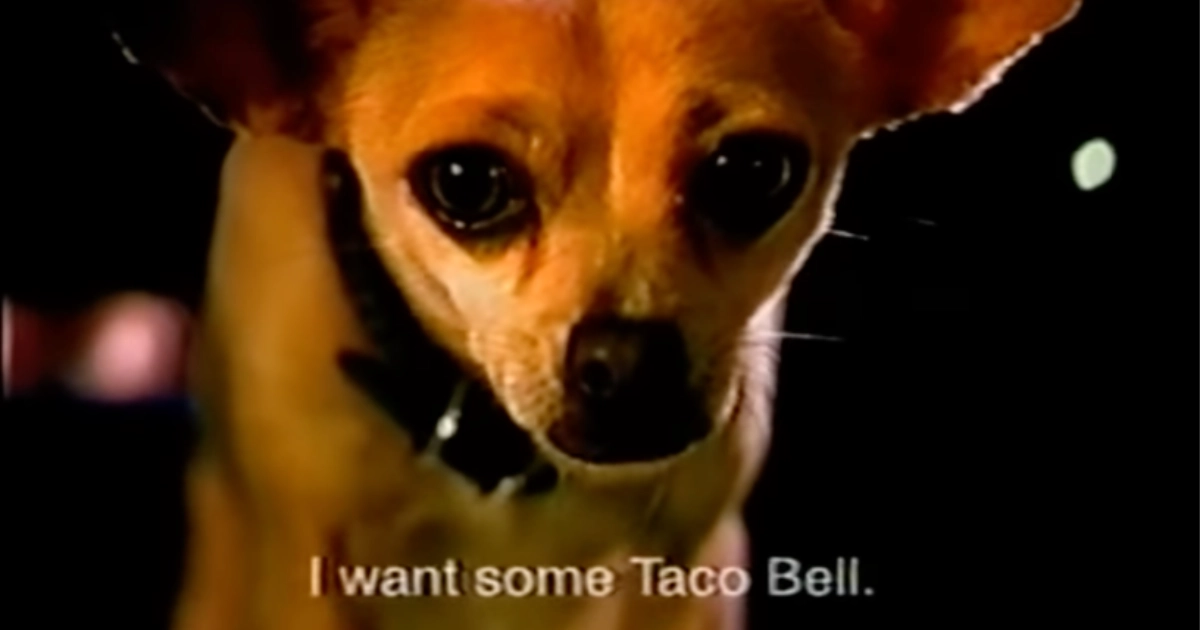
Taco Bell (1997-2001)
This iconic Taco Bell campaign featured a talking Chihuahua mascot named Gidget. The Spanish phrase means “I want Taco Bell.” But its campaign sparked controversy and boycotts from Latino communities over stereotypical representations. Taco Bell ended the slogan due to wokeness.
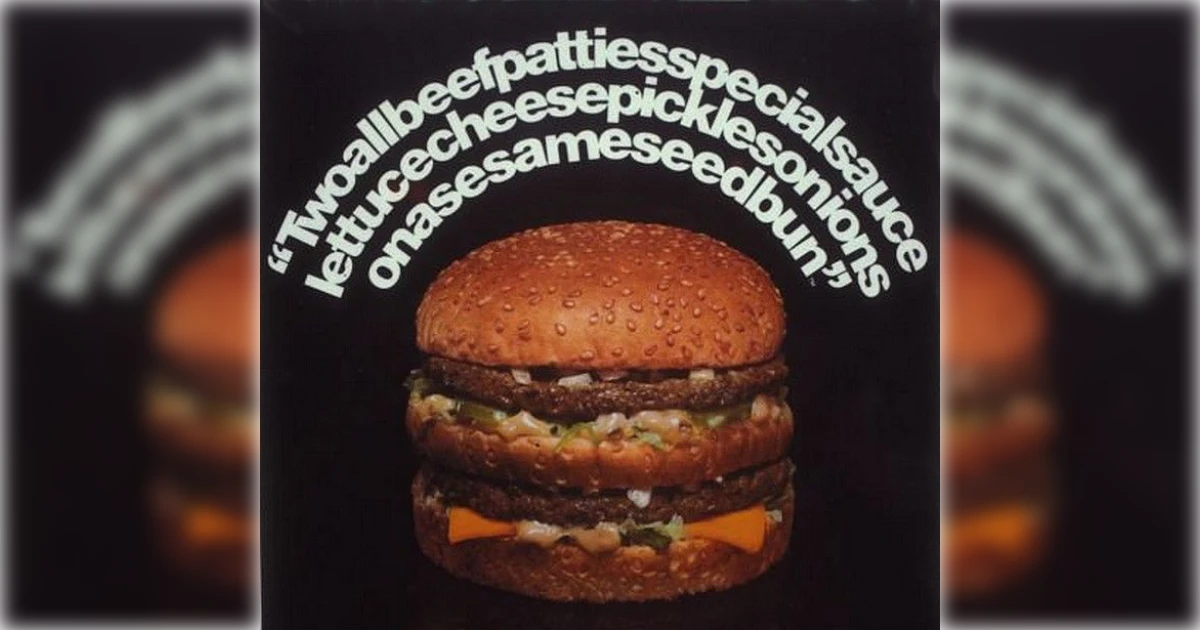
McDonald’s (1970s)
Full jingle: “Two all-beef patties, special sauce, lettuce, cheese, pickles, onions on a sesame seed bun.” The campaign turned the franchisee’s Big Mac into a menu staple. Its iconic 1970s TV slogan lasted only one year.
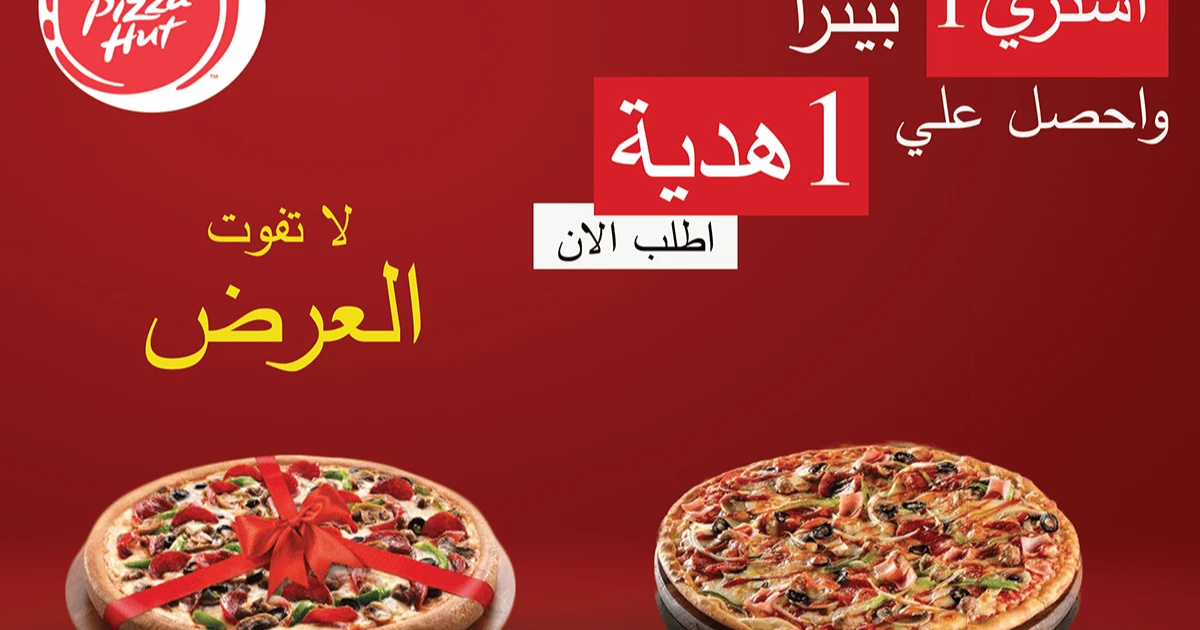
Pizza Hut (1980s-1990s)
This slogan encouraged pizza customization during the height of pizza wars. It positioned Pizza Hut as a premium, customizable option against competitors. Emphasized quality ingredients and personalized pizza experience when competition intensified dramatically.
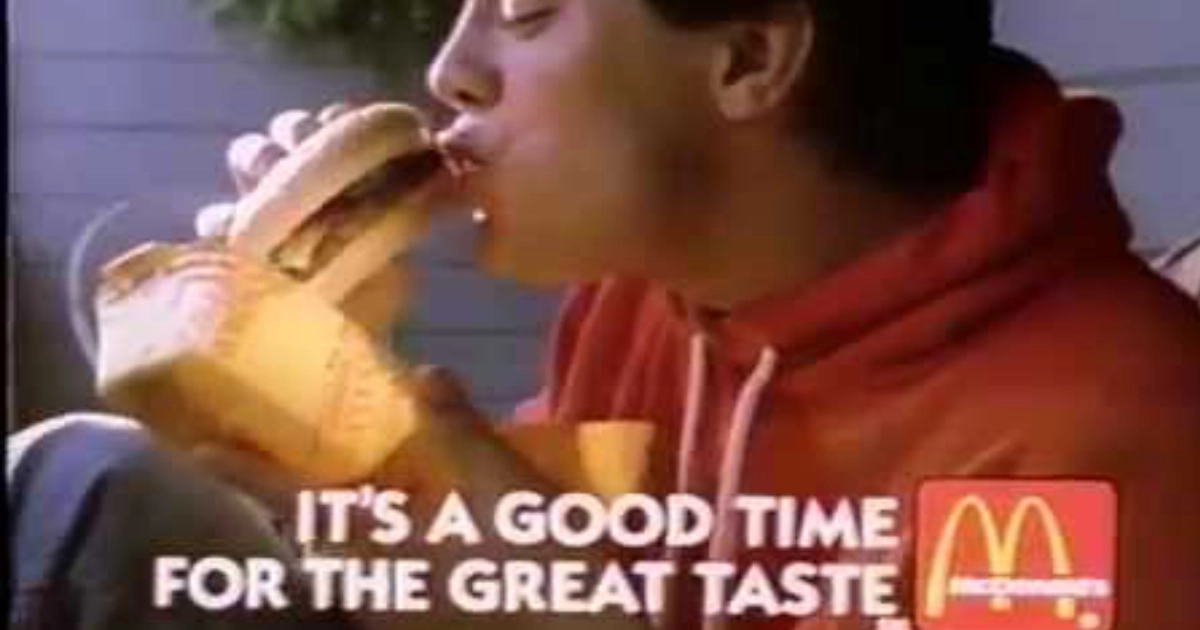
McDonald’s (1984)
Launched when fast-food competition intensified. The slogan appeared with the disastrous Olympic promotion promising free items for American medals. The U.S. won an unprecedented 174 medals due to the Soviet boycott, costing McDonald’s millions in free food.
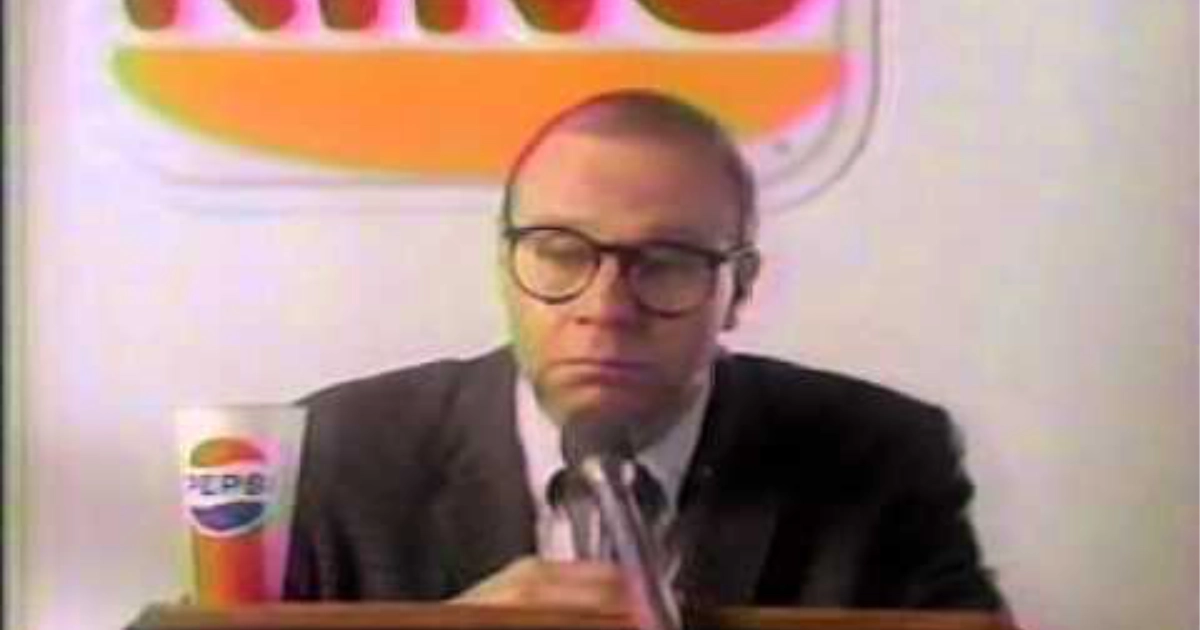
Burger King (1985)
This Burger King campaign came with a scavenger hunt contest to find “Herb the Nerd” visiting Burger King locations nationwide. The campaign offered cash prizes and Whoppers. The one-year campaign was designed to drive store traffic through interactive promotion and mystery character search.

McDonald’s (1990-1991)
This slogan targeted children and pre-teens seeking entertainment with meals. Emphasized McDonald’s as a magical destination for families. But the short-lived campaign lasted only one year.
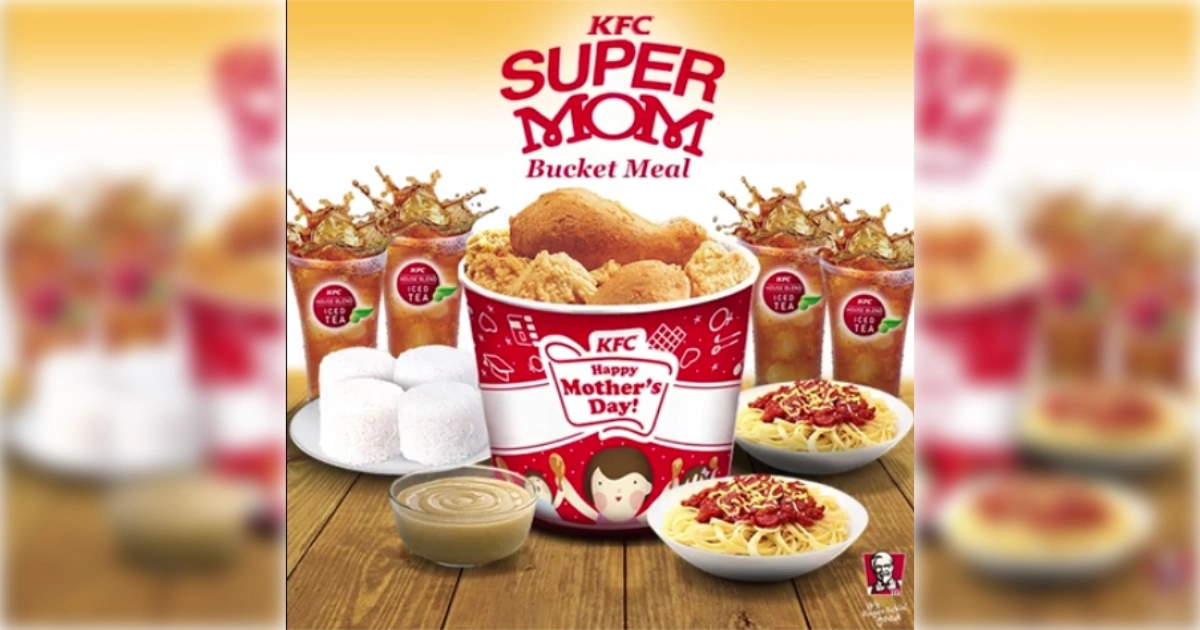
KFC (1970s-1980s)
This KFC slogan supplemented the iconic “Finger Lickin’ Good” catchphrase. And emphasized enjoyment and social eating experience. It was superseded by “We Do Chicken Right” as KFC refined its messaging and targeted more specific audiences.
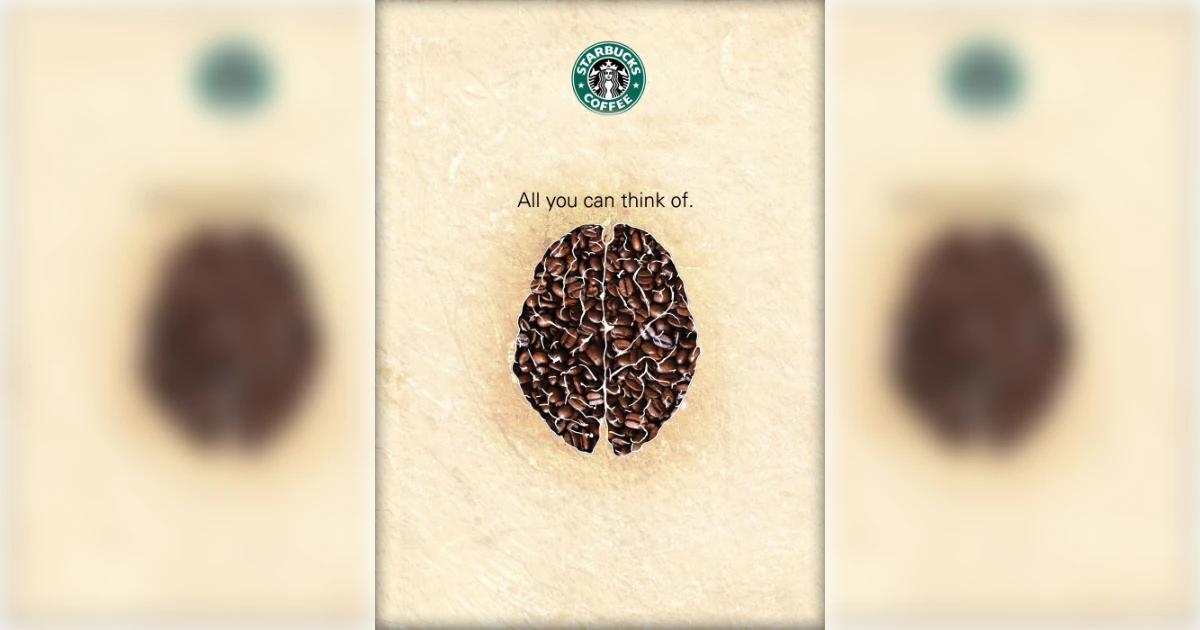
Starbucks (1987-1995)
From 1987-1995, Starbucks used "Think Coffee" as its foundational marketing slogan to promote coffee quality and establish cafes as community gathering spaces, launching this campaign alongside the company's iconic shift from brown to green aprons.